This article was medically reviewed by Rajesh Khanna, MD. Dr. Rajesh Khanna is a board certified Ophthalmologist and the Founder of Khanna Vision Institute in Los Angeles, California. Dr. Khanna specializes in Lasik, cataract, and refractive eye surgery as well as treatments for presbyopia and keratoconus. Dr. Khanna completed his first Ophthalmology Residency in Mumbai and his second Ophthalmology Residency at SUNY Downstate in New York City. He went on to complete a fellowship training in corneal and refractive surgery from the University of Cincinnati in Ohio and a Neurophthalmology fellowship from Kingsbrook Jewish Hospital in New York City. Dr. Khanna is also a voluntary member of the UCLA faculty and is an Internationally recognized top Lasik, presbyopic implants in the eye (PIE), and Refractive vision care specialist. He is board certified by the American Board of Ophthalmology and is a certified Master of Surgery by the University of Bombay.
This article has been viewed 14,784 times.
Getting relief for dry, itchy, irritated eyes can turn your day around. Most of the time, you can relieve your symptoms with over-the-counter eye drops or hexane-free castor oil drops and a cool compress. For extra relief, avoid allergens, take frequent breaks from looking at screens, and run a humidifier in your room at night. If your symptoms continue for more than 3 days, see an eye doctor for more advice and ask about prescription medication.
Steps
Using Medication to Treat Dry Eyes
-
1Use artificial tears to soothe itchy, red eyes. If your eyes get irritated temporarily from tiredness or a dry climate, lubricating eye drops can help provide relief. You can buy artificial tears over the counter at most pharmacies. Each brand of eye drop is different, so follow specific instructions that come with your medications. In most cases, you will use 1-2 drops in each eye no more than 4 times a day.[1]
- If you have consistently dry eyes, look for preservative-free eye drops. Preservatives in eye drops can aggravate dry eyes if you continue to use them for prolonged periods.
- Eye drops that claim to provide redness relief are decongestants that can make dry eye worse but will make your eyes look whiter.
- Hexane-free castor oil eyedrops can also provide relief.
-
2Place a cool compress over your eyes for mild symptoms. A cool compress can temporarily relieve mild dry eyes. Soak a washcloth in cool water and wring out any excess. Place the washcloth over your eyes for 10-15 minutes.[2]
- A cool compress is a quick, easy way to effectively relieve dry eyes and you can make one at home for no cost.
Advertisement -
3Try decongestants to relieve redness from allergies. Use redness-relief eye drops for 2-3 days maximum and follow the instructions that come with your medication to take the correct dosage. Decongestants are available in some over-the-counter eyedrops.[3]
- Choose a decongestant with an antihistamine to relieve itchiness from allergies as well.
-
4Ask your ophthalmologist about prescription eye drops. Over-the-counter medications can provide temporary relief, but if you continue to use them for days or weeks at a time, they can actually cause more irritation. If you find that over-the-counter medications aren't effective, you may need a prescription from your eye doctor.[4]
- Prescription medications can include antihistamines, decongestants, mast cell stabilizers, NSAIDs, and steroids.
-
5Make an appointment to see your eye doctor if your symptoms last 3 or more days. If you experience dry, burning, or itchy eyes for more than 3 days or so, make an appointment to see an ophthalmologist. Your eye doctor can make recommendations on what kind of medication you should take or changes you should make to your environment.[5]
- An ophthalmologist can also prescribe medication if you need it.
Making Changes to Your Environment
-
1Wear glasses instead of contact lenses. Contact lenses can attract allergens and irritants when you take them out and put them in.[6] Avoid wearing contact lenses until your symptoms have passed.[7]
- If you are prone to eye irritation, try switching to daily contacts that you throw out after wearing. This prevents allergens from building up on the lenses.
- To protect your eyes from irritation from bright light, wear computer glasses when you’re in front of a screen and sunglasses when you’re outside.
-
2Blink often to help keep your eyes moist. Blinking spreads tears over the surface of your eyes to moisten them and wash out debris. If your eyes are dry or irritated, make a conscious effort to blink from time to time to help them feel better.[8]
- Try setting aside 5 1-minute sessions each day for blinking. Aim to blink 50 times during each session, looking in different directions as you do so.
- Don’t squeeze your eyes shut—just close them lightly.
-
3Rest your eyes if you spend a lot of time looking at screens. Take at least a 10-minute break from looking at computer or phone screens every hour. Also make sure your screen is 20 to 24 inches (51 to 61 cm) from your face. Adjust the screen settings so that the brightness is the same as your general workspace and the type is big enough to read comfortably.[9]
- Try computer glasses if you can't avoid looking at a screen all day. Computer glasses can block out harmful blue light and can be worn over contact lenses.
-
4Avoid allergens as much as you can.[10] Use a weather app to look for days with high pollen or mold counts. On those days, stay inside, and if it's warm outside, run an air conditioner to filter the air. Also avoid environments with smog, smoke, or pet dander if possible.[11]
- If you go outside on high allergen count days, wear wraparound sunglasses to shield your eyes and drive with your windows rolled up.
- If you swim, wear goggles to avoid getting chlorinated water in your eyes. Take care to avoid getting too much water in your eyes in the shower as well, especially if your tap water is chlorinated.
-
5Take off your makeup every time you go to bed. Wearing makeup while you sleep, especially eye makeup, can increase the chance that irritants will get into your eyes. Before going to bed, wash your face with a gentle cleanser and remove any makeup.
- If you wear mascara, you can remove it with a gentle, natural product such as coconut or jojoba oil.
-
6Keep your bedclothes clean. Dust, oils, and hair and skincare products can build up on your sheets and pillowcases over time, possibly irritating your eyes. Change or wash your sheets and pillowcases at least once a week to protect your eyes.
- If you have sensitive eyes and skin, use laundry detergent that’s free from dyes and perfumes.
-
7Run a humidifier in your room at night.[12] Dry air can cause your eyes to become even more irritated. A humidifier can put more moisture in the air and causes your own natural tears to evaporate more slowly, keeping your eyes lubricated.[13]
- Air conditioners and heaters can take moisture out of the air. Run a humidifier to add moisture back into the air.
Expert Q&A
Did you know you can get expert answers for this article?
Unlock expert answers by supporting wikiHow
-
QuestionWhat is a home remedy for irritated eyes?
 Rajesh Khanna, MDDr. Rajesh Khanna is a board certified Ophthalmologist and the Founder of Khanna Vision Institute in Los Angeles, California. Dr. Khanna specializes in Lasik, cataract, and refractive eye surgery as well as treatments for presbyopia and keratoconus. Dr. Khanna completed his first Ophthalmology Residency in Mumbai and his second Ophthalmology Residency at SUNY Downstate in New York City. He went on to complete a fellowship training in corneal and refractive surgery from the University of Cincinnati in Ohio and a Neurophthalmology fellowship from Kingsbrook Jewish Hospital in New York City. Dr. Khanna is also a voluntary member of the UCLA faculty and is an Internationally recognized top Lasik, presbyopic implants in the eye (PIE), and Refractive vision care specialist. He is board certified by the American Board of Ophthalmology and is a certified Master of Surgery by the University of Bombay.
Rajesh Khanna, MDDr. Rajesh Khanna is a board certified Ophthalmologist and the Founder of Khanna Vision Institute in Los Angeles, California. Dr. Khanna specializes in Lasik, cataract, and refractive eye surgery as well as treatments for presbyopia and keratoconus. Dr. Khanna completed his first Ophthalmology Residency in Mumbai and his second Ophthalmology Residency at SUNY Downstate in New York City. He went on to complete a fellowship training in corneal and refractive surgery from the University of Cincinnati in Ohio and a Neurophthalmology fellowship from Kingsbrook Jewish Hospital in New York City. Dr. Khanna is also a voluntary member of the UCLA faculty and is an Internationally recognized top Lasik, presbyopic implants in the eye (PIE), and Refractive vision care specialist. He is board certified by the American Board of Ophthalmology and is a certified Master of Surgery by the University of Bombay.
Board Certified Ophthalmologist
-
QuestionHow can I clean my eyes?
 Rajesh Khanna, MDDr. Rajesh Khanna is a board certified Ophthalmologist and the Founder of Khanna Vision Institute in Los Angeles, California. Dr. Khanna specializes in Lasik, cataract, and refractive eye surgery as well as treatments for presbyopia and keratoconus. Dr. Khanna completed his first Ophthalmology Residency in Mumbai and his second Ophthalmology Residency at SUNY Downstate in New York City. He went on to complete a fellowship training in corneal and refractive surgery from the University of Cincinnati in Ohio and a Neurophthalmology fellowship from Kingsbrook Jewish Hospital in New York City. Dr. Khanna is also a voluntary member of the UCLA faculty and is an Internationally recognized top Lasik, presbyopic implants in the eye (PIE), and Refractive vision care specialist. He is board certified by the American Board of Ophthalmology and is a certified Master of Surgery by the University of Bombay.
Rajesh Khanna, MDDr. Rajesh Khanna is a board certified Ophthalmologist and the Founder of Khanna Vision Institute in Los Angeles, California. Dr. Khanna specializes in Lasik, cataract, and refractive eye surgery as well as treatments for presbyopia and keratoconus. Dr. Khanna completed his first Ophthalmology Residency in Mumbai and his second Ophthalmology Residency at SUNY Downstate in New York City. He went on to complete a fellowship training in corneal and refractive surgery from the University of Cincinnati in Ohio and a Neurophthalmology fellowship from Kingsbrook Jewish Hospital in New York City. Dr. Khanna is also a voluntary member of the UCLA faculty and is an Internationally recognized top Lasik, presbyopic implants in the eye (PIE), and Refractive vision care specialist. He is board certified by the American Board of Ophthalmology and is a certified Master of Surgery by the University of Bombay.
Board Certified Ophthalmologist
-
QuestionHow can I reduce eye irritation when I look at my tablet for too long?
 Kerry Assil, MDDr. Kerry Assil is a board certified Ophthalmologist and the Medical Director and CEO of Assil Eye Institute (AEI), an ophthalmology practice in Los Angeles, California. With over 25 years of experience and as one of the world's foremost experts in eye surgery, Dr. Assil has trained 14,000+ physicians in refractive and cataract surgery, performed 70,000+ eye surgeries, and authored over 100 textbooks, chapters, and articles on refractive and cataract surgery. He's served as the Distinguished Professor lecturer at Harvard, Johns Hopkins, Duke, Baylor, Tokyo, and UCLA among others. He has served on the advisory boards of 20+ ophthalmic device, pharmaceutical, and scientific companies and has appeared in the media as an authority on advances in vision-restoring surgeries and refractive surgery. Dr. Assil continues to make significant advances in his field with numerous inventions and introductions of state-of-the-art technologies.
Kerry Assil, MDDr. Kerry Assil is a board certified Ophthalmologist and the Medical Director and CEO of Assil Eye Institute (AEI), an ophthalmology practice in Los Angeles, California. With over 25 years of experience and as one of the world's foremost experts in eye surgery, Dr. Assil has trained 14,000+ physicians in refractive and cataract surgery, performed 70,000+ eye surgeries, and authored over 100 textbooks, chapters, and articles on refractive and cataract surgery. He's served as the Distinguished Professor lecturer at Harvard, Johns Hopkins, Duke, Baylor, Tokyo, and UCLA among others. He has served on the advisory boards of 20+ ophthalmic device, pharmaceutical, and scientific companies and has appeared in the media as an authority on advances in vision-restoring surgeries and refractive surgery. Dr. Assil continues to make significant advances in his field with numerous inventions and introductions of state-of-the-art technologies.
Board Certified Ophthalmologist Try to avoid being on your tablet for long periods of time, and be sure to take frequent breaks. Normally, people blink 12 times a minute, but when you're looking at a tablet, you only blink 3-4 times in a minute. That can start to cause permanent dryness, because the oil glands in your eye can start to shut down.
Try to avoid being on your tablet for long periods of time, and be sure to take frequent breaks. Normally, people blink 12 times a minute, but when you're looking at a tablet, you only blink 3-4 times in a minute. That can start to cause permanent dryness, because the oil glands in your eye can start to shut down.
References
- ↑ https://www.aao.org/eye-health/treatments/lubricating-eye-drops
- ↑ https://www.sjogrens.org/files/brochures/pated_dryeye-simple_solutions.pdf
- ↑ https://www.aao.org/eye-health/diseases/allergies-diagnosis
- ↑ https://www.aao.org/eye-health/treatments/lubricating-eye-drops
- ↑ https://www.aao.org/eye-health/treatments/lubricating-eye-drops
- ↑ Rajesh Khanna, MD. Board Certified Ophthalmologist. Expert Interview. 11 November 2020.
- ↑ https://www.nhs.uk/conditions/dry-eyes/
- ↑ https://my.clevelandclinic.org/health/diseases/17540-tear-system
- ↑ https://www.nhs.uk/conditions/dry-eyes/
- ↑ Rajesh Khanna, MD. Board Certified Ophthalmologist. Expert Interview. 11 November 2020.
- ↑ https://www.sjogrens.org/files/brochures/pated_dryeye-simple_solutions.pdf
- ↑ Rajesh Khanna, MD. Board Certified Ophthalmologist. Expert Interview. 11 November 2020.
- ↑ https://www.nhs.uk/conditions/dry-eyes/
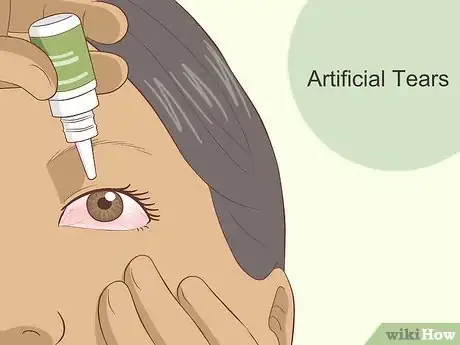
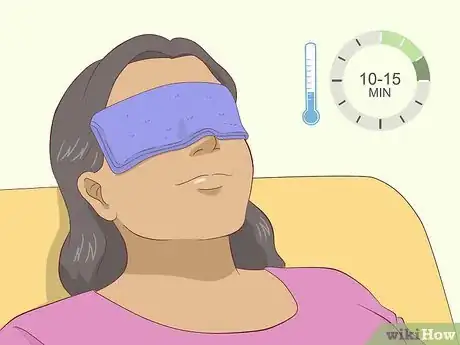
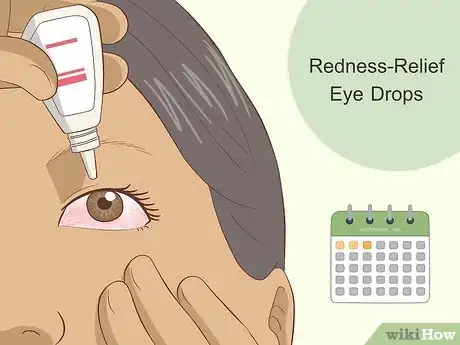
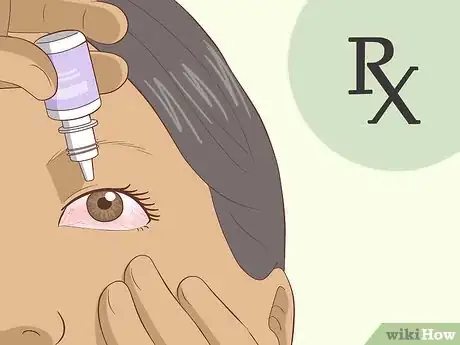
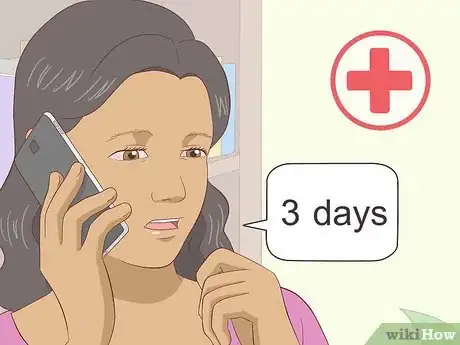
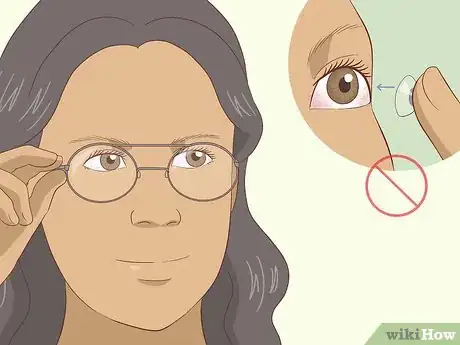

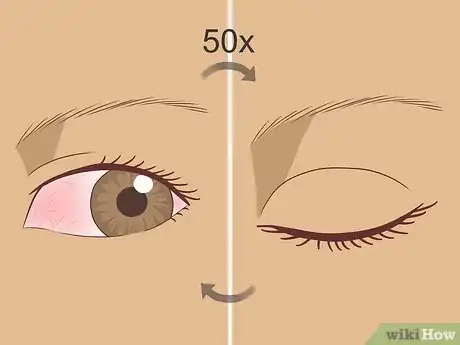
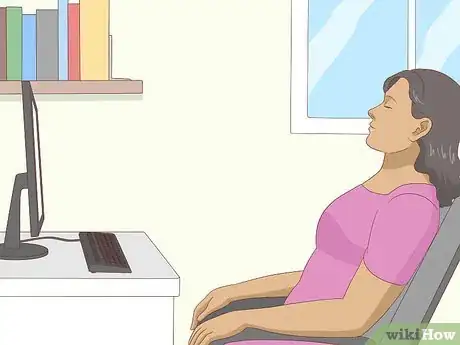
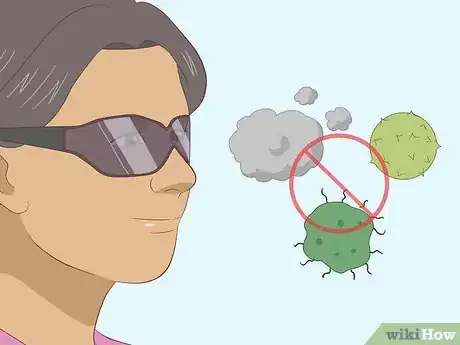
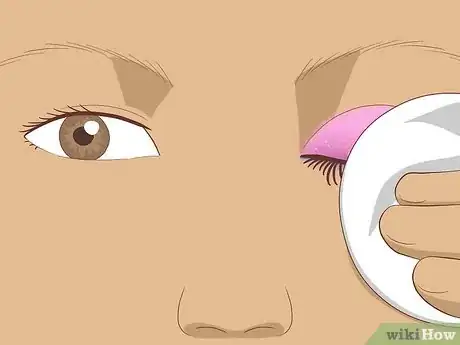
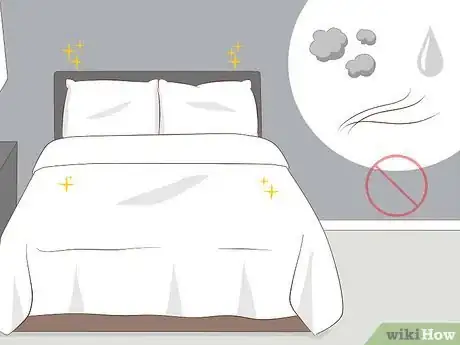
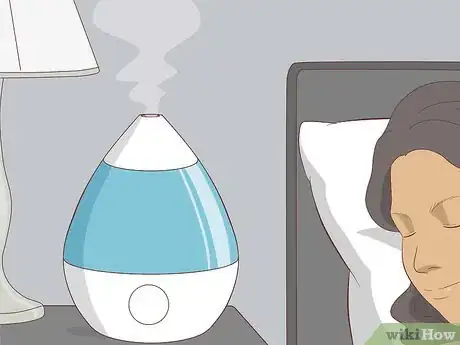
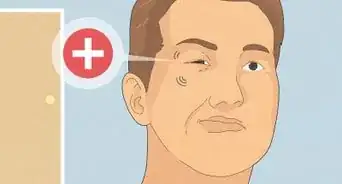
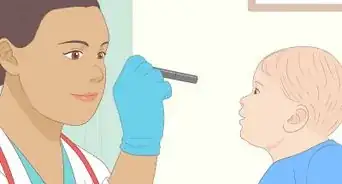
-Step-3-Version-2.webp)


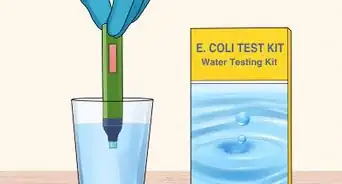

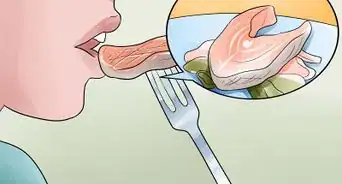


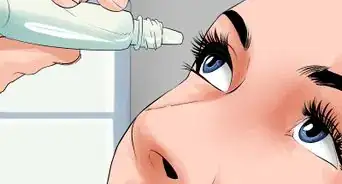







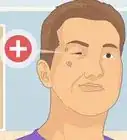
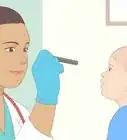
-Step-3-Version-2.webp)



































Medical Disclaimer
The content of this article is not intended to be a substitute for professional medical advice, examination, diagnosis, or treatment. You should always contact your doctor or other qualified healthcare professional before starting, changing, or stopping any kind of health treatment.
Read More...